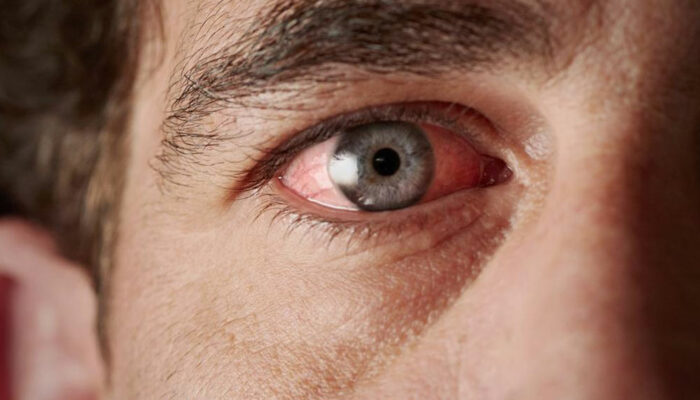Sjogren’s Syndrome- Causes and Symptoms
With the progress in medical science, people are hoping that one day, even the most formidable of the diseases can be cured. When we know what causes that particular disease, only then can an antidote for the same be developed. There are still a plethora of diseases the cause of which is yet to be determined.

Sjogren’s syndrome is one such disorder that the affected person has to learn to coexist with for their lifetime.
What is Sjogren’s Syndrome?
Sjogren’s Syndrome is an autoimmune disease that affects an individual when their immune system goes haywire and starts attacking the normal cells in the body instead of the bacteria and viruses that pose as the real threat. It is a lifelong disease, and since there is no proper method to cure Sjogren’s Syndrome completely, people resort to methods to adapt and coexist with the disease. Usually, Sjorgen’s Syndrome accompanies other autoimmune diseases like rheumatoid arthritis or lupus.
What are the causes of Sjogren’s Syndrome?
Though the causes of Sjogren’s Syndrome remain a mystery, it has been identified that some bacteria or virus is known to trigger this disorder. It disrupts the functioning of the immune system, causing the white blood cells to attack healthy cells especially in the glands that produce saliva and tears. Even though the cause of Sjogren’s Syndrome remains unknown, the symptoms of the same become more prominent unless they are treated.
What are the symptoms of Sjogren’s Syndrome?
- As mentioned earlier, Sjogren’s Syndrome causes the immune system to attack healthy cells and glands that produce saliva. As a consequence of the same, the production of saliva is affected. The individual suffering from Sjogren’s Syndrome experiences dryness in the mouth. The mouth has a chalky feeling, and he may experience trouble chewing and swallowing food. Also, the dryness of the mouth results in yeast infections.
- Sjorgen’s Syndrome also affects the glands that produce tears. This will leave the eyes dry. Dry eyes are more prone to burning and itching sensation. Unless this condition is treated with eye drops and other medications, it will affect the person’s cornea. If left untreated for quite some time, it can have an adverse impact on one’s vision.
- The effect of Sjogren’s Syndrome isn’t limited to the mouth and eyes; it can affect other parts of the body such as throat, skin, lips or nose. Also, since the immune system wages war against the glands in the body, there are chances that the glands in the face and neck might swell up.





